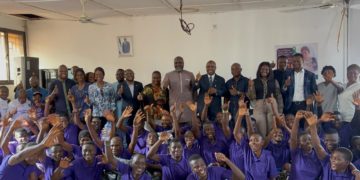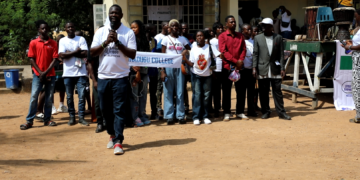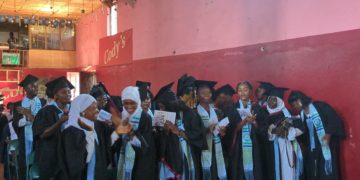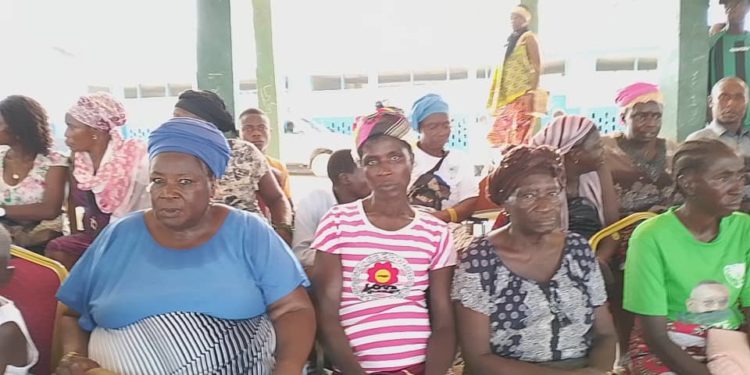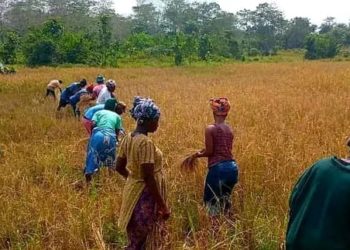By Brima Sannoh in Pujehun
Like many other African nations, women in Sierra Leone still face various forms of threats which limit their rights to express themselves equally, freely and without fear.
Women constitute about half of Sierra Leone’s population, according to the 2021 Midterm Population and Housing Census. The country experienced one of the most brutal civil conflicts between 1991 and 2000. It claimed over 50, 000 lives, leaving thousands more amputated. The culture of abuse of women showed in various reports on the decade long civil war.
Thousands of women and girls were raped, mutilated, tortured, abducted and murdered during the course of the conflict with many now left to battle with the trauma, according to the government Truth and Reconciliation Commission (TRC) report published in 2004. The report notes in Chapter 5, paragraph 1 of page 76 how women and girls became targets of deliberate violence by all of the warring factions involved in the conflict.
Since 2002, successive governments have taken major steps to protect the rights of women and girls in the country. One such action is the enactment of the Three Gender Laws by the administration of late former President Ahmed Tejan Kabba in 2007.
The laws consists of three separate pieces of legislations: the Domestic Violence Act, the Devolution of Estates Act; and The Registration of Customary Marriage and Divorce Act. In 1979, the United Nations General Assembly adopted the Convention on the Elimination of All Forms of Discrimination Against Women (CEDAW). This is an international instrument that requires countries to eliminate discrimination against women and girls in all areas and promotes women and girls’ equal rights. As a demonstration of its commitment to the advancement of women, the government of Sierra Leone signed and ratified this convention on the 21st September and 11th November, 1988 respectively.
Furthermore, the Parliament of Sierra Leone enacted the Cyber Security and Crime Act, 2021. The Act provides for the prevention of the abusive use of computers and a timely and effective collection of electronic evidence for investigation and prosecution of cybercrime, including against women.
Additionally, on January 19, 2022, the government passed the Gender Equality and Women’s Empowerment Act into law with the aim of protecting the rights of Sierra Leonean women and to improve socio-economic conditions for women, increase their representation in decision making positions and advance key priorities including reserving 30 percent elective and public positions.
But with all these efforts, some human rights defenders still hold the view that much has not been achieved when it comes to enforcement of the policies.
Rassie Bah, Founder and Executive Director of the Centre for Advocacy and Sustainable Empowerment (CASE), believes that the law is not working. Her organization advocates for equal rights of women and young girls within the southern region, particularly Bo District. Mrs. Bah confirmed having knowledge of several women who are public figures in Bo district who have experienced online and offline abuse.
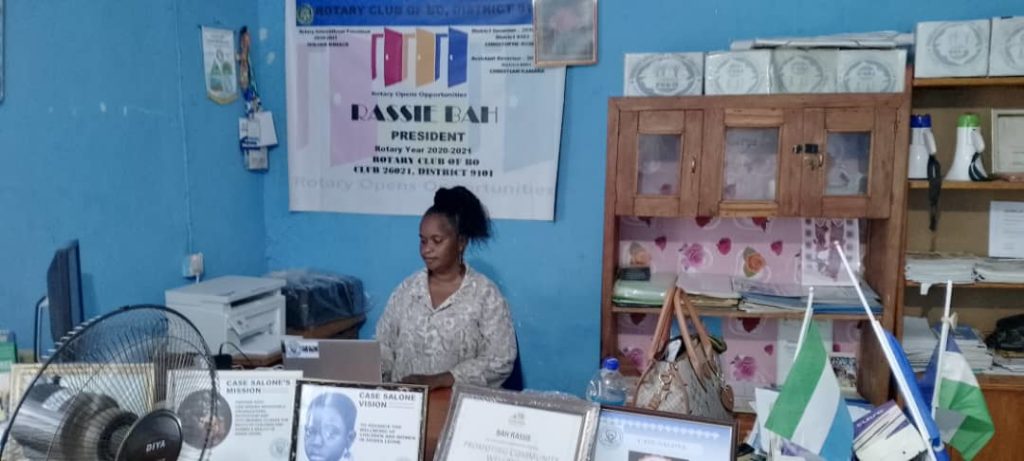
Rassie Bah, Founder and Executive Director of the Centre for Advocacy and Sustainable Empowerment (CASE) in Bo, doesn’t think that laws enacted to protect women against abuse in Sierra Leone are working. Photo credit, Brima Sannoh, ManoReporters.
According to her, they get these revelation during their network of civil society meetings, noting that the situation has even worsened with the advent of smart phones and social media platforms which seems impossible to control.
“The sad thing is that the (Cybersecuriy and Crimes Act) law pays little or no attention to what is happening. We have never heard of arrest of these people doing these criminal acts. There have been reports of men taking their mobile phones and calling women and saying bad things to them on the phone, simply because they stand for the rights of women or they are contesting for the same position with the men. This shouldn’t be happening when we have the laws that protect women,” said the women’s rights advocate.
“It is an endemic situation in our society. If these kinds of abuse continue to occur to women, it will affect the good human rights record this country has set over the years,” she added. Ms Bah recommends for “the cybercrime department to be more proactive, deliberate and intentional about their work if the fight against cybercrime is to be won.”
A study published by the Sierra Leone Association of Women in Journalism (SLAWIJ) through their Threats Against Public Facing Women project in July 2022 revealed that about 67% of Sierra Leonean women, including activists, journalists and politicians from various parts of the country admitted that they were abused, harassed and bullied.
The UN defines abuse as a physical, sexual, emotional, economic or psychological actions or threats of actions that influence another person. This includes any behaviour that frightens, intimidate, terrorise, manipulate, hurt, humiliate, injure, or wound someone.
According to records from the Scientific Support Unit of the southern Regional Police Headquarters in Bo, a department which deals with cyber crime, between February 2022 and June 2023, 51 percent of female candidates for various elective positions within the region suffered serious abuse in the hands of their male counterparts.
“Of that number, 38 percent of them felt that their physical security was threatened and 22 percent also said that they faced threats of physical or sexual assault,” said Detective Inspector Moses Tommy Ganda, Regional Coordinator of the Scientific Support Unit for the Sierra Leone Police South.
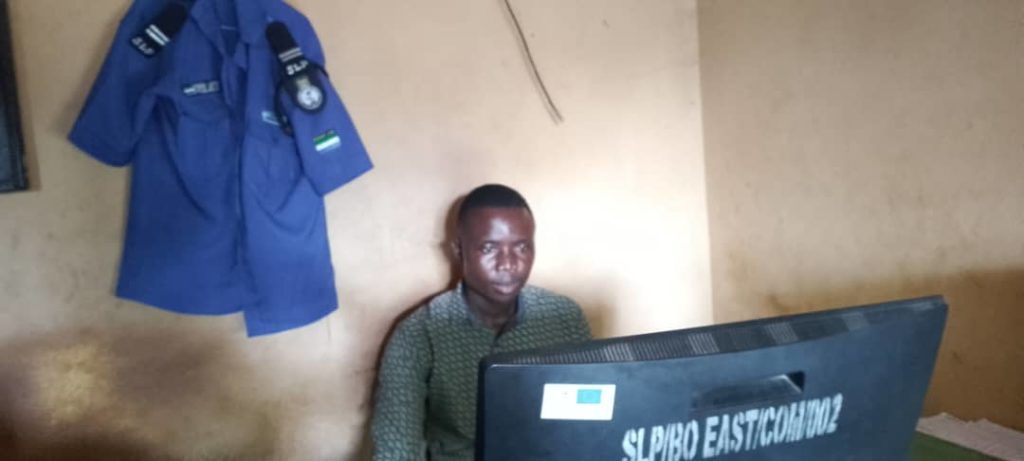
On November 28 this year, the United States Embassy in Sierra Leone published on their official Facebook page that “an estimated 85% of women and girls have witnessed or experienced some form of online harassment and abuse.” The Embassy committed to supporting the government and people of Sierra Leone to end abuse against women in the country.
According to Mr Ganda, the number of reports of abuse increases by the day.
“My unit is overwhelmed with the kind of cybercrime reports we are having on a daily basis. Just in the last six months of this year (2023), we have recorded 65 new cases of cybercrimes. Cyber bullying, cyber stalking, harassment, abuse, among others, are the most common offences that we receive every day,” he said.
But Ganda shared a good news about the situation, which is that awareness has increased about the existence of the cyber law.
“This is why we are now seeing huge number of complaints being made at the unit,” he said.
“Also, the judiciary has been very instrumental in the fight against cybercrime, as we have usually secured 90 percent convictions of all the cases that we charge to court. This is one of the reasons we have the hope that sooner or later we will be able to overcome these heinous crimes perpetrated against women,” he stressed.
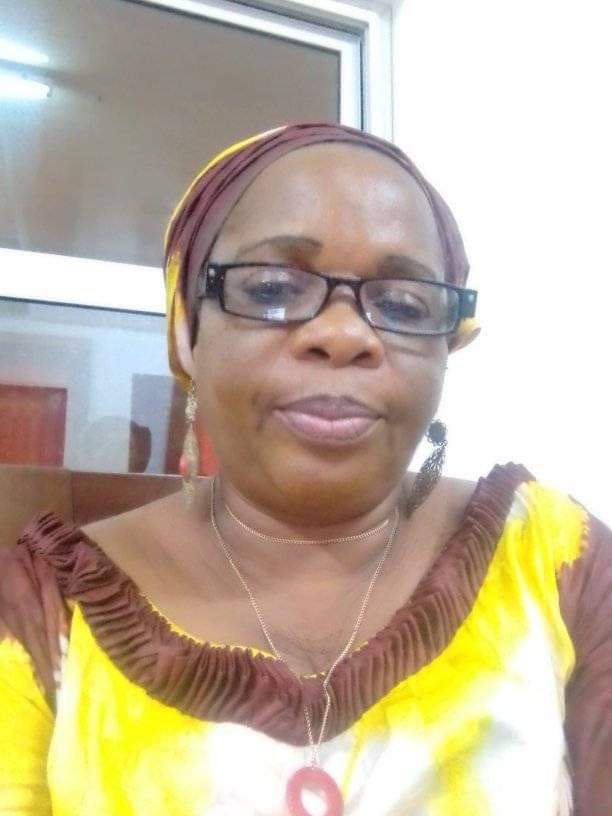
Former Councillor Mary Baby Sellu is a survivor of abuse, both physical and online.
Mary served in the Pujehun District Council from 2007 to 2017. Throughout her political journey, she became a target of abuse, even among those she called her friends and loved ones.
After serving as a councillor for the Sierra Leone People’s Party (SLPP) in two consecutive terms, the 48-year-old politician decided to go for a bigger position, the Deputy Chairmanship position for Pujehun District Council, during the 2023 multi-tier elections. But she failed to secure majority votes at the primaries.
Ms Sellu explained to ManoReporters in an emotional tone how she went through tough times during her bid.
“Immediately I declared my intention to run for the position of Deputy Chairperson of Pujehun District Council, I started receiving strange calls at night. People would call me just to insult me. They were writing negative things about me on social media. I got attacked every time,” she recalled.
“They even called me names like illiterate woman and prostitute. Their aim was to discourage me from contesting the primaries. At first, it affected me a lot. Sometimes I couldn’t sleep at night. But then, I did not allow that to distract me. I was very focused on my political ambition,” she pointed out.
“I don’t think the law is protecting us the way it should be. It seems like there is no law against these things happening to us. We are still very vulnerable and that is very sad,” she lamented.
Baby calls for a review of the policies that are there to regulate the use of social media in the country, emphasising that the government should be more serious in protecting women from all forms of harm.
Councilor Juliana Lassaryo-Jah from the same Council had a similar experience while running for the position in the 2023 general elections. She became a target for certain individuals within her party – SLPP – when she came forward for councillorship position.
“I decided to ignore them and focused on the goal I had. In the end, I achieved my goal. Today, I am representing my people in the Council. I keep telling other women that we should not allow ourselves to be distracted by irrelevant things,” Lassaryo-Jah said.
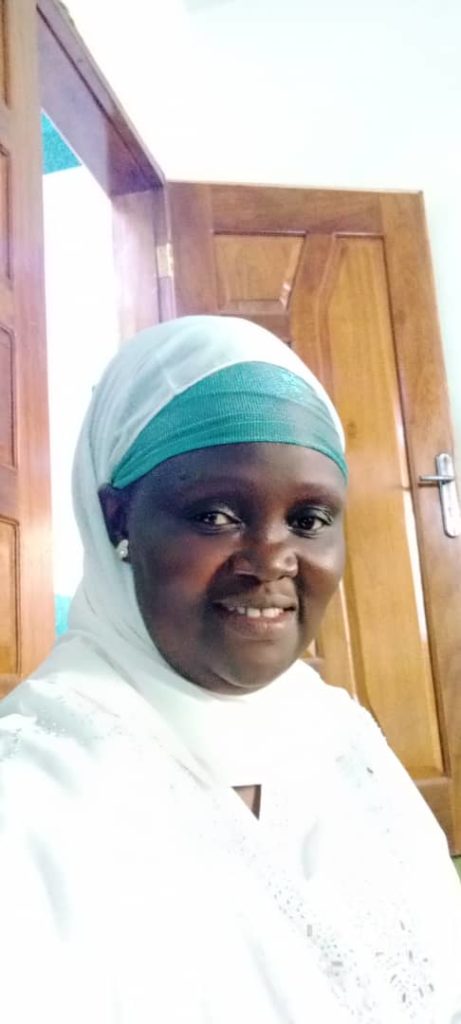
“It is more important for women to be protected in public because we are important partners in development and I think it is high time for the women to stand firm and speak against some of these human rights violations they are going through. Let there be a forum where the women will speak up against these things and then the law needs to be effective,” she added.
The Ministry of Gender and Children’s Affairs is one of the public institutions within Pujehun District that has dedicated its time and effort to prevent abuse of women.
Florence Sandy, Head of Gender Ministry for Pujehun, confirmed that harassment, attacks and abuse of women in public offices and even online has become a major human rights issue for many women in the district, noting that her office has been receiving reports to the effect.
Mrs Sandy’s office spearheaded the just concluded sixteen days of activism in Pujehun District. The event is commemorated globally every year, and it is a key international moment to call for an end to gender based violence. Abuse of the rights of women and girls was the main focus of sensitization in the district this year, said Sandy.
“It is heart-breaking to see the way women are being constantly targeted regardless of the formulation of regulations. Enough examples have not yet been set that is why these things are still happening,” he said.
“As a nation, we need stern actions to address these threats against women. These actions should be continuous public education, community engagements, town hall discussions to raise awareness, as well as prosecuting offenders,” the gender expert opined.
This story was produced as part of a team of four journalists with fellowship support from Internews US.



